Once upon a time, in a Harvard dorm room, Mark Zuckerberg didn’t set out to build the world’s largest social network.
He built a “hot-or-not” site — a crude but revealing peek into the original desire that powered Facebook: attraction, curiosity, connection.
But Facebook didn’t become the platform for love. It became the platform for… everything else. Newsfeeds, memes, uncle debates, marketplace listings, and notifications about birthdays you forgot.
Now, imagine an alternate timeline:
What if Facebook hadn’t pivoted to become the centre of social broadcasting?
What if it had remained focused on romantic connection — and rebuilt itself with the architecture of Web3, blockchain, and tokenized emotional value?
Let’s explore that provocative “what if.”
From Attention to Intention: Love, Tokenized Network
In this Web3 reimagining of Facebook-for-Love, interactions aren’t free-floating dopamine hits. They’re economically and emotionally meaningful.
- Liking someone’s profile might cost a microtoken.
- Writing a thoughtful message? Earn a micro reward.
- Sending a friend request? That’s a stake — not a spray-and-pray tactic.
- Sincerity earns visibility. Ghosting costs it.
Instead of algorithms optimizing for ad revenue, the platform rewards users who show up with care, intention, and presence. Dating becomes not a roulette wheel, but a value exchange.
Identity, But on Your Terms
Most dating apps today are identity-lite: you’re just a first name and a filtered photo. But a truly tokenized social platform for love would embrace pseudonymity with accountability.
You could:
- Choose to be anonymous while still building a reputation ledger.
- Be seen for your emotional roles (like “Caregiver” or “Adventurer”), not just your profile photo.
- Build trust through behavioural signals, not biospeak and emojis.
In this model, your identity is less about labels and more about how you show up across time.
Love Clubs in Network, Not Clickbait Groups
Remember Facebook Groups? Now imagine them retooled as emotional micro-communities.
In a Web3 dating society, these spaces could be:
- “Single Parents for Intentional Co-Parenting”
- “Queer Ethical Dating Circles”
- “Seniors Exploring Second Love”
- “Introverts Club: Slow Dating, Soft Questions”
And instead of being content farms for engagement, these clubs would be self-curated social circles where reputation, care, and contribution define access.
Algorithms That Match Souls, Not Clicks
Instead of pairing people based on mutual right-swipes or lifestyle filters, this platform would match users based on:
- Shared intentions (long-term, floating, communal, etc.)
- Emotional archetypes (e.g., Passionate Lover, Thinker, Home Maker)
- Communication styles, life phases, and even reputational consistency
The result?
Less “u up?” and more “we align.”
This isn’t gamified chemistry. It’s data-backed empathy.
Monetization Without Manipulation
Unlike Web2 platforms that sell user data to advertisers, this vision of Facebook-for-Love would monetize through a self-sustaining value loop.
- Users who build emotional value can earn micro rewards.
- Clubs can be hosted with creative tools and social impact.
- Long-term bonds (even digitally anchored floating marriages) could be celebrated with smart contracts — verifiable, time-bound, and consensual.
It’s not monetization despite the users. It’s because of them.
A Better Version of “The Relationship Feed” in Network
Imagine logging in not to doomscroll, but to witness:
- Relationship milestones celebrated by the network.
- Meaningful breakups handled with ritualized closure.
- Companionships formed across continents, life stages, and genders — all recorded with dignity and decentralization.
In short: a timeline that feels like real time.
Final Thought: The Facebook That Could Have Been
Zuckerberg’s Facebook became a digital town square.
But it started as a hallway of glances, crushes, and curiosity.
What if it had evolved into the world’s first decentralized, emotionally intelligent love machine?
What if we had built social intimacy with economic fairness, instead of content with ad optimization?
What if the future of love wasn’t algorithmically manipulated — but earned, respected, and transparently matched?
Maybe we wouldn’t be swiping ourselves into burnout.
Maybe we’d be earning love — one intentional interaction at a time
Join DropD Network to earn rewards and love!
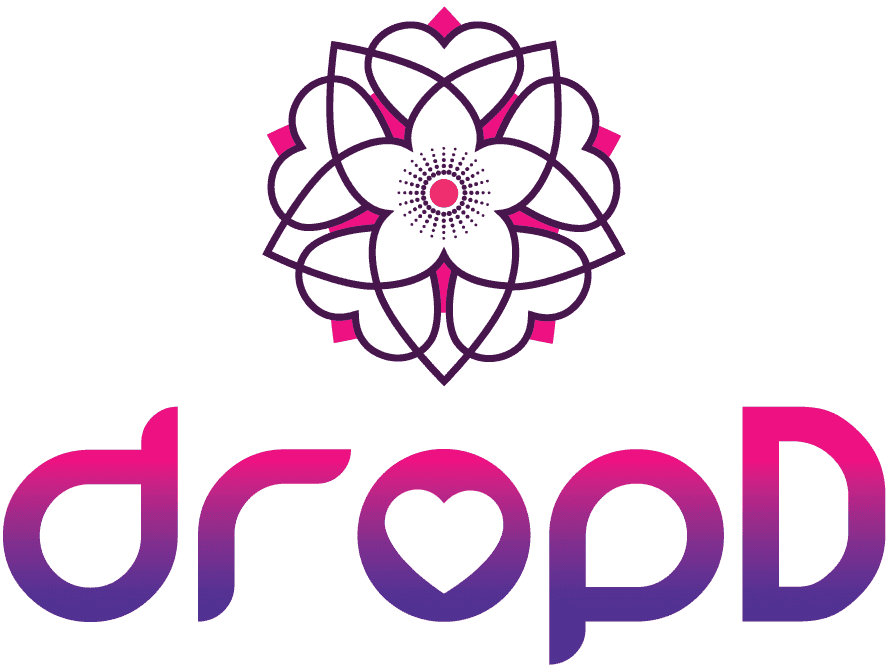
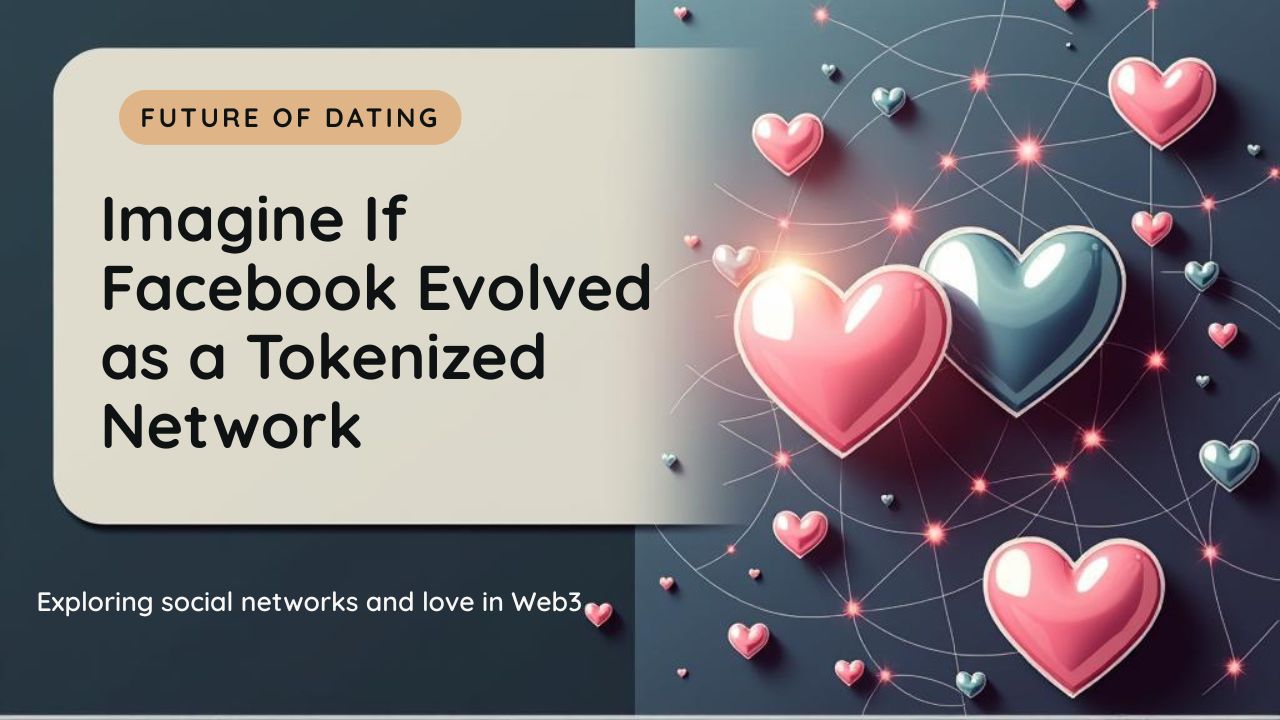
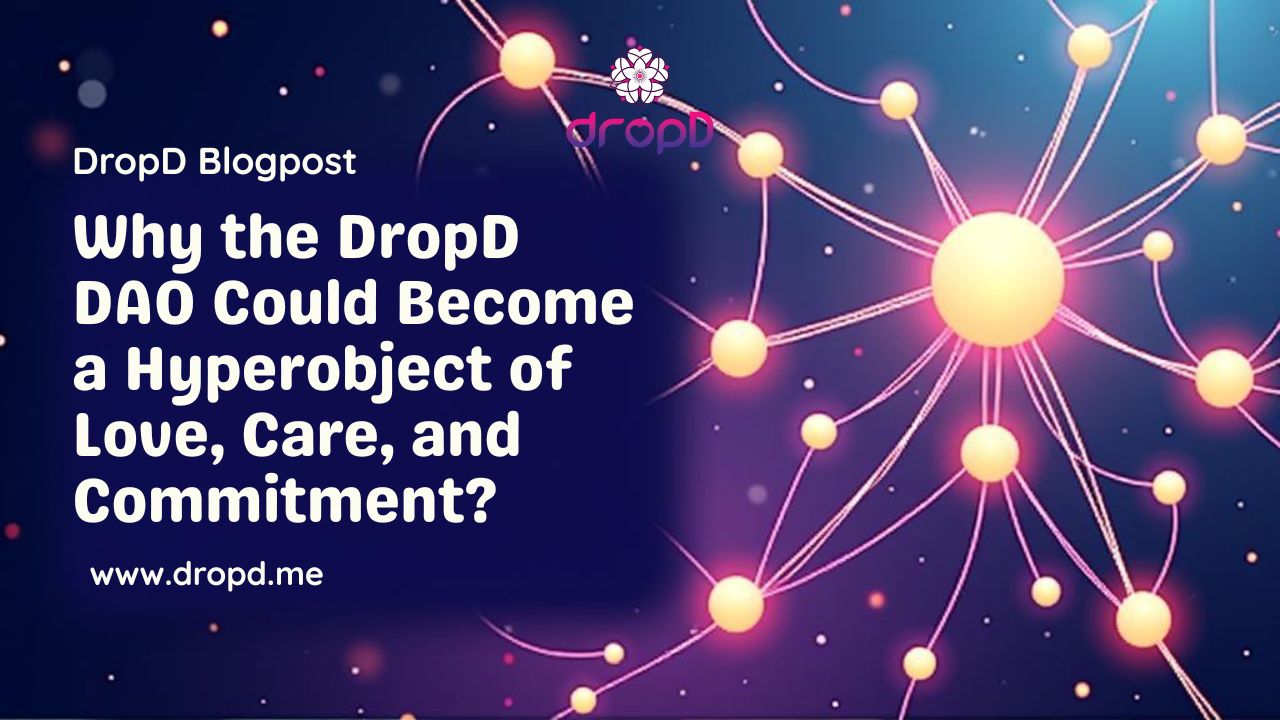
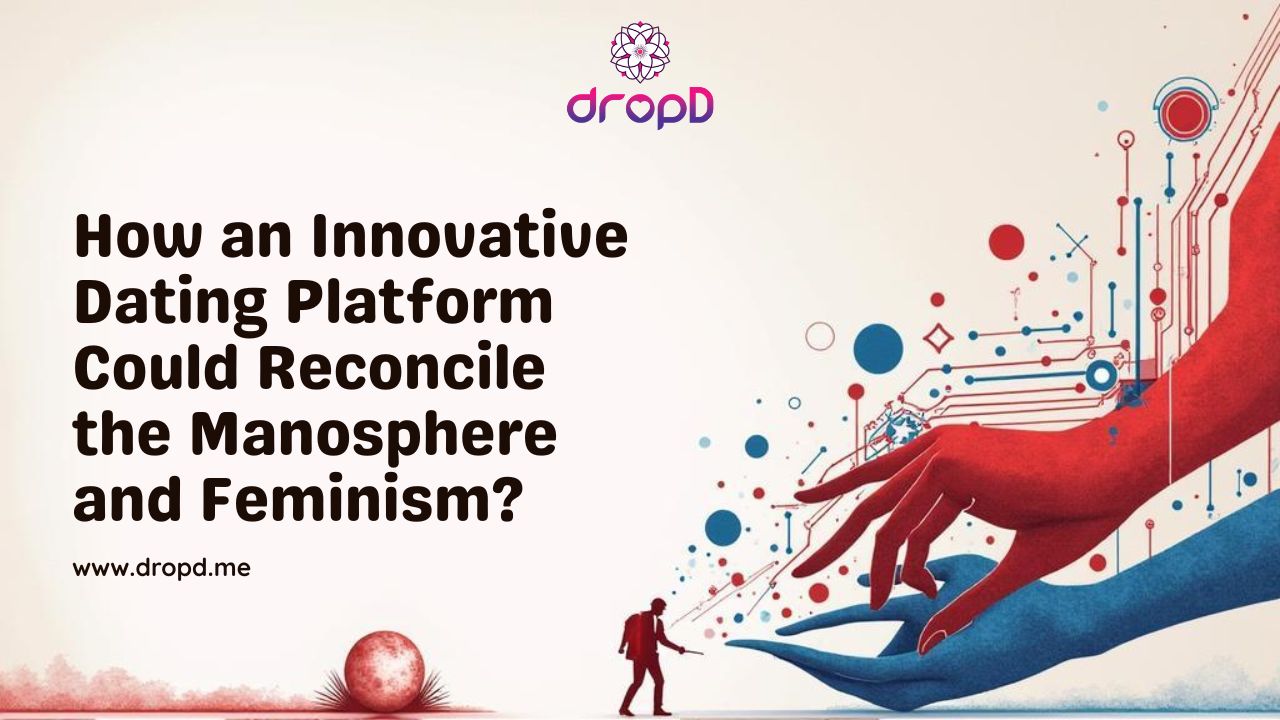
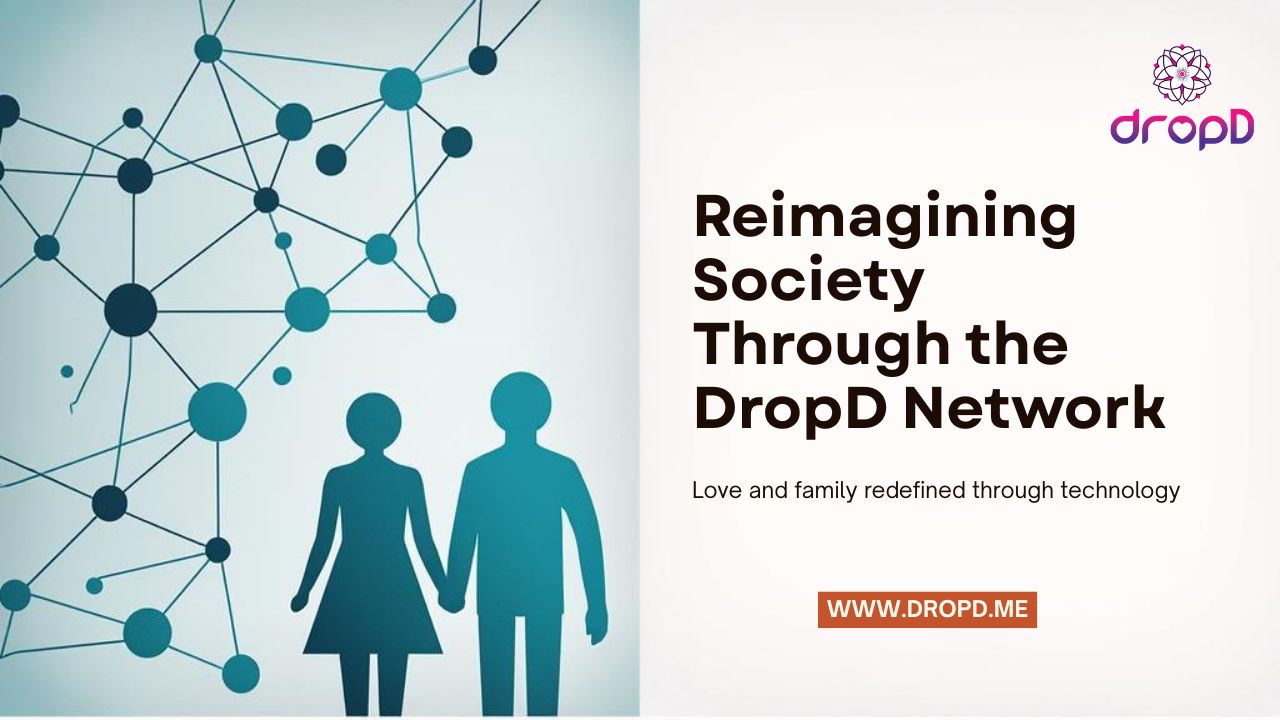
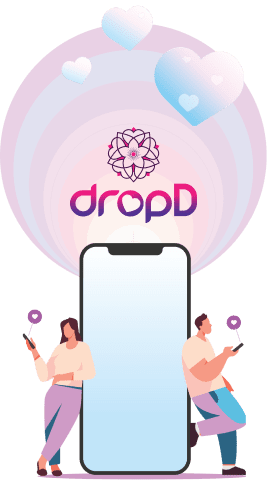
1 comment(s)
Martha Lawson
Medialord helped me monitor my husband's phone when I was gathering evidence during the divorce. I got virtually every information he has been hiding over […] Read MoreMedialord helped me monitor my husband's phone when I was gathering evidence during the divorce. I got virtually every information he has been hiding over a year easily on my own phone: the spy app diverted all his Whatsapp, Facebook, text messages, sent and received through the phone: I also got his phone calls and deleted messages. he could not believe his eyes when he saw the evidence because he had no idea that he was hacked. he can also improve dept on credit cards i strongly recommend (hacksecrete@gmail.com) whatsapp or text him on +1 (564) 224-5803 you can also reach him if you're not able to withdraw your funds from any online trading platform like expert-option ,cal financial, Analyst , coinspot, Ctxprime and many more Read Less